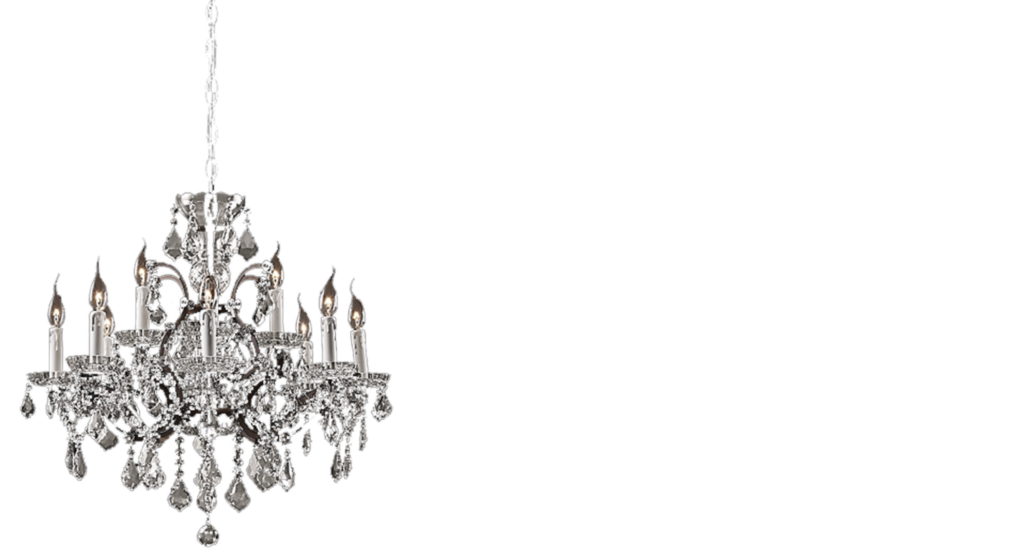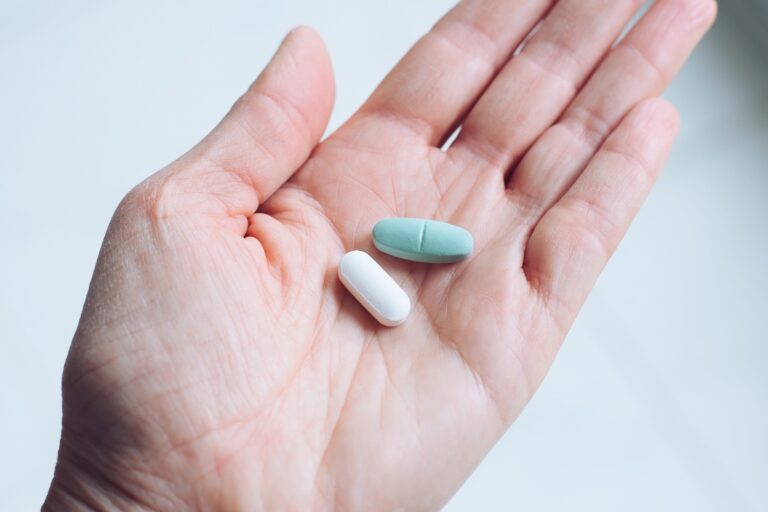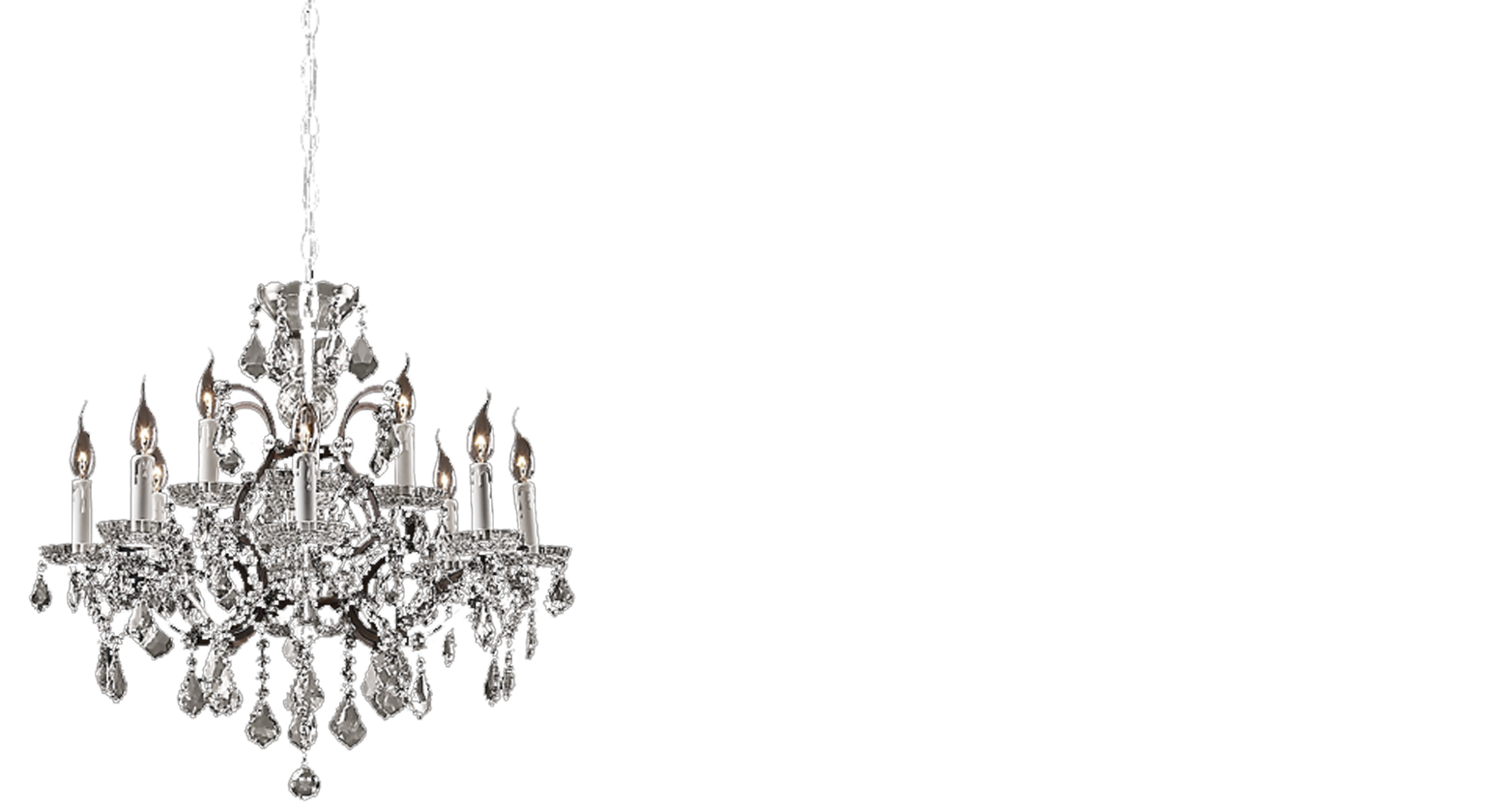Transcranial Magnetic Stimulation (TMS) and Electroconvulsive Therapy (ECT) are both advanced treatments used for certain mental health conditions, but they are distinct in their methods and applications. TMS uses magnetic fields to stimulate nerve cells in the brain, primarily targeting areas linked to mood regulation. It’s a non-invasive procedure, meaning it doesn’t require surgery or anesthesia, and patients remain awake during the treatment. ECT, on the other hand, involves the application of electrical currents to the brain under general anesthesia, inducing controlled seizures to effect changes in brain chemistry that can quickly reverse symptoms of certain mental health conditions.
While both TMS and ECT have been shown to be effective, particularly for treatment-resistant depression, their processes, side effects, and patient experiences differ significantly. TMS is generally associated with fewer side effects, such as headaches or scalp discomfort, and does not involve memory loss, a common side effect of ECT. ECT, although more invasive, can be life-saving in severe cases of depression and other psychiatric disorders where rapid improvement is necessary. The choice between TMS and ECT often depends on the patient’s specific condition, medical history, and personal preferences, with a psychiatrist providing guidance based on the most suitable option for the individual’s needs.
What is TMS?
Transcranial Magnetic Stimulation (TMS) is a non-invasive treatment that uses magnetic fields to stimulate nerve cells in the brain. It is primarily used to treat patients with major depressive disorder who have not responded to traditional treatments such as medication and psychotherapy. The procedure involves placing an electromagnetic coil against the scalp near the forehead, which generates a magnetic pulse to target specific areas of the brain associated with mood regulation.
TMS is typically administered in a series of sessions, usually five days a week over four to six weeks. Each session lasts about 30 to 40 minutes, and patients remain awake and alert throughout the process. One of the major benefits of TMS is its minimal side effects compared to other treatments like electroconvulsive therapy (ECT). Common side effects include mild headaches and scalp discomfort at the treatment site, but these are generally well-tolerated and temporary. TMS offers a promising alternative for individuals seeking relief from depression without the systemic effects of medication or the invasiveness of other procedures.
Benefits of TMS Therapy
TMS therapy offers a range of benefits for individuals struggling with treatment-resistant depression and other mental health conditions. As a non-invasive procedure, it provides a safer alternative to more invasive treatments like electroconvulsive therapy (ECT), with fewer and less severe side effects. The targeted nature of TMS allows for precise stimulation of brain regions involved in mood regulation, leading to significant improvements in depressive symptoms for many patients. Below are some key benefits of TMS therapy:
Non-Invasive Treatment
TMS therapy is non-invasive, meaning it does not require surgery, anesthesia, or sedation. Patients remain awake and alert during the sessions, which involve placing a magnetic coil against the scalp. This non-invasiveness reduces the risk of complications and allows for a quicker recovery time compared to more invasive treatments.
Minimal Side Effects
One of the major advantages of TMS therapy is its minimal side effects. Common side effects include mild headaches and scalp discomfort, which are generally well-tolerated and temporary. Unlike medication, TMS does not have systemic side effects such as weight gain, sexual dysfunction, or gastrointestinal issues.
Effective for Treatment-Resistant Depression
TMS therapy has shown significant efficacy in treating major depressive disorder, particularly in patients who have not responded to traditional treatments like antidepressants and psychotherapy. Many patients experience substantial improvements in their symptoms, with some achieving full remission.
Improved Cognitive Function
Unlike ECT, which can cause memory loss and cognitive side effects, TMS therapy has been associated with improved cognitive function. Patients undergoing TMS often report enhancements in memory, attention, and executive function, making it a preferable option for those concerned about cognitive health.
Outpatient Procedure
TMS therapy is conducted on an outpatient basis, meaning patients can return to their daily activities immediately after each session. This convenience makes it easier for individuals to incorporate treatment into their routine without significant disruption to their lives.
Customized Treatment
TMS therapy can be tailored to the specific needs of each patient. The intensity and frequency of the magnetic pulses can be adjusted based on the individual’s response to treatment, ensuring a personalized approach that maximizes efficacy and minimizes discomfort.
Long-Lasting Results
Studies have shown that the benefits of TMS therapy can be long-lasting. Many patients continue to experience relief from depressive symptoms for several months to a year after completing a course of treatment, with maintenance sessions available if needed to sustain the positive effects.
What is ECT?
Electroconvulsive Therapy (ECT) is a medical treatment most commonly used for patients with severe major depression or bipolar disorder that has not responded to other treatments. ECT involves the application of electrical currents to the brain while the patient is under general anesthesia. These electrical currents induce brief, controlled seizures, which can cause changes in brain chemistry that can quickly relieve symptoms of certain mental health conditions.
ECT is typically administered in a series of treatments, usually two to three times a week for a total of six to twelve sessions. The procedure is performed in a hospital or specialized clinic setting, where the patient’s vital signs are closely monitored throughout the treatment. Despite its invasive nature, ECT has been found to be highly effective for individuals with treatment-resistant depression, severe mania, and some forms of schizophrenia. However, it does carry potential side effects, the most notable being short-term memory loss and confusion immediately following the procedure. While these side effects are generally temporary, they can be concerning for some patients, making the decision to use ECT a carefully considered one between the patient and their healthcare provider.
Benefits of ECT
Electroconvulsive Therapy (ECT) remains a highly effective treatment for certain severe mental health conditions, particularly when other treatments have failed. Its ability to provide rapid relief from symptoms of major depressive disorder, bipolar disorder, and acute psychosis makes it a valuable option for patients in critical need. Below are some key benefits of ECT:
Rapid Symptom Relief
ECT is known for its ability to provide fast and significant relief from severe depressive and manic symptoms. For patients experiencing extreme distress or those at high risk of suicide, the rapid onset of symptom improvement can be life-saving. ECT’s effectiveness can be seen within a few sessions, offering a critical advantage over other treatments that may take weeks to show results.
High Efficacy for Treatment-Resistant Conditions
ECT is particularly beneficial for individuals who have not responded to other treatments, such as medications and psychotherapy. Studies have shown that ECT can achieve a high remission rate in patients with treatment-resistant depression, making it an essential option for those who have exhausted other avenues without success.
Effective for Various Psychiatric Conditions
In addition to major depressive disorder, ECT is effective for a range of psychiatric conditions, including bipolar disorder and some types of schizophrenia. It can help manage severe mood swings, manic episodes, and acute psychotic symptoms, providing comprehensive benefits for complex mental health issues.
Short Treatment Duration
Unlike long-term medication or psychotherapy, a course of ECT typically involves a short series of treatments over a few weeks. This condensed treatment period allows patients to achieve substantial symptom relief quickly, reducing the prolonged suffering associated with other therapeutic approaches.
Maintenance Therapy
ECT can be used as a maintenance therapy to prevent the recurrence of symptoms in patients who have previously responded well to the treatment. Regular maintenance sessions, scheduled less frequently, can help sustain the benefits and stability achieved through the initial treatment phase.
Safe and Controlled Environment
ECT is performed in a highly controlled medical setting under general anesthesia, ensuring patient safety and comfort. The procedure is closely monitored by a team of medical professionals, including psychiatrists and anesthesiologists, minimizing risks and managing any side effects effectively.
Improved Quality of Life
For many patients, the rapid and substantial improvement in symptoms achieved through ECT can lead to a significant enhancement in quality of life. Relief from severe depression, mania, or psychosis enables patients to regain functionality, engage in daily activities, and rebuild relationships, fostering overall well-being and recovery.
Get TMS Therapy with Luxury Psychiatry
At Luxury Psychiatry Clinic, we are dedicated to providing the highest quality mental health care using the most advanced and effective treatments available. Our TMS therapy offers a non-invasive, highly effective option for those struggling with treatment-resistant depression, providing significant relief with minimal side effects. Our experienced team of psychiatrists and mental health professionals will work with you to develop a personalized treatment plan tailored to your specific needs, ensuring you receive the best possible care.
If you or a loved one is struggling with depression or other mental health conditions and have not found success with traditional treatments, TMS therapy could be the solution you’ve been seeking. At Luxury Psychiatry Clinic, we combine compassionate care with cutting-edge technology to help you achieve lasting relief and improved quality of life. Don’t let depression control your life any longer. Contact our team today to learn more about TMS therapy and take the first step toward a brighter, healthier future.
